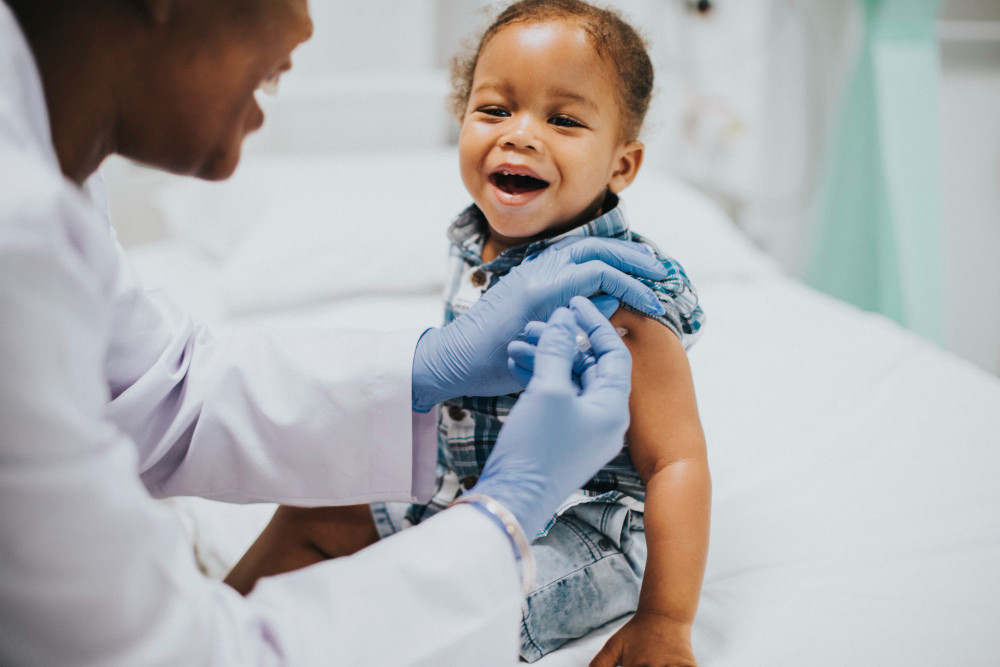Why Now? Exploring the CDC Study on Vaccines and Autism

© Freepik
What do you think the CDC study on vaccines and autism will find after years of research saying there’s no link?
A simple shot could protect you from a dangerous disease—but what if some people think that shot might cause other problems?
That’s the question swirling around the U.S. Centers for Disease Control and Prevention (CDC) right now.
Sources say the CDC is gearing up for a big study to look into whether vaccines might be linked to autism.
This news comes at a time when measles, a disease we thought was mostly gone, is popping up again in places like Texas and New Mexico.
What’s going on, and why is this study happening now? Let’s break it down.
What to Expect from the CDC Study on Vaccines and Autism?

In early 2025, the U.S. saw one of its worst measles outbreaks in years. Over 200 cases were reported, and sadly, two people—including a child in Texas—lost their lives.
Measles is a serious illness that vaccines can prevent, but fewer people are getting vaccinated these days. Some parents worry that vaccines, like the one for measles, mumps, and rubella (MMR), might harm their kids.
This fear goes back to an old study from the 1990s by a British doctor named Andrew Wakefield. He suggested the MMR vaccine could cause autism, but scientists later proved his work was wrong and took it back.
Still, the idea stuck around, and now the CDC wants to dig deeper.
The person in charge of health in the U.S., Robert F. Kennedy Jr., has added to the confusion. He’s said vaccines are important but also told parents it’s their choice to decide.
Some say he’s not fully clear about where he stands, especially after he called the recent measles outbreak “normal” without mentioning vaccines.
With autism diagnoses going up since 2000, people are asking questions—and the CDC is stepping in to find answers.
What We Know (and Don’t Know) About Autism

Autism is a condition that affects how people think, communicate, and interact.
More kids are being diagnosed with it today than 25 years ago, but experts say that’s mostly because doctors are better at spotting it and checking more kids.
Years of research have shown no connection between vaccines and autism. Studies have even looked at things in vaccines, like thimerosal, and found no link.
So why a new study now? Some think it’s because people still worry, and the government wants to settle the debate once and for all.
President Donald Trump has talked about this too, saying he trusts Kennedy and his team to figure out what’s causing the rise in autism.
“So, we’re going to find out what it is, and there’s nobody better than Bobby and all of the people that are working with you,” said he, referring to Kennedy.
But not everyone is happy about this plan. Dr. Wilbur Chen, a vaccine expert, worries that just doing the study might make people think there’s something to find, even if there isn’t.
Meanwhile, the CDC says it’s committed to doing careful research and being open with the public. As of now, we don’t know exactly how this study will work or what it will uncover—but it’s clear it’s a topic that’s not going away anytime soon.
What do you think—will this study finally put the question to rest?

You might also want to read: AI Diagnoses Autism With Accuracy in Early Childhood


